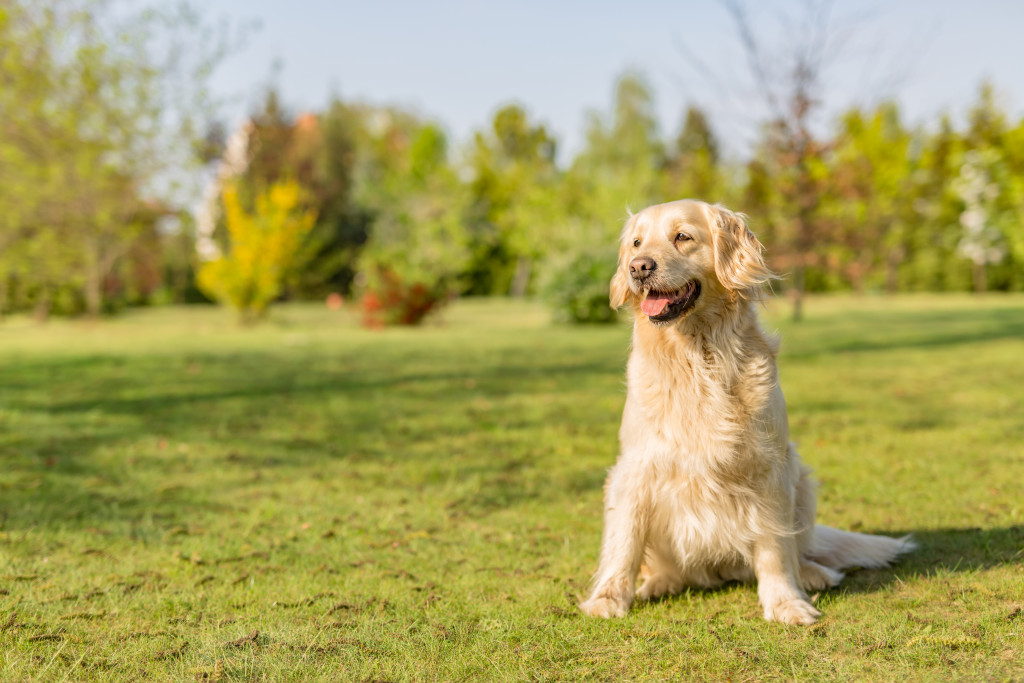When you first get your kitten or puppy, the last thing on your mind is how to pet-proof your garden for them. But as soon as they start exploring outside, you’ll realize just how much damage an unsupervised animal can do in a small space. Before you know it, your garden is covered in paw prints and filled with holes that could be dangerous for your pet. And if they manage to get outside without your knowledge, they could be in serious danger from other animals or cars.
Here are some tips to help you pet-proof your garden so it’s safe for your pet.
Build a Fence
If you have a yard, it’s essential to find a fence that can keep your pet from escaping. You may also want to consider adding an overhang to the top of your fence, so they can’t climb above it. Some animals, like cats and raccoons, can easily climb over a fence that isn’t designed for them. If you have a dog that likes to dig, consider adding a layer of chicken wire underneath your fence, so they can’t dig their way through.
Secure Your Plants
Bigger plants like trees and bushes can be dangerous to your pet, especially if they’re young. You can keep your trees and shrubs safe by ensuring they are securely planted in the ground or supported by stakes. If you have a large tree, consider planting it far away from your yard to prevent falling branches from hitting your pet. If you have small children or other pets prone to climbing, you might consider adding a fence around any trees or bushes in your yard.
Avoid Poisonous Plants

One of the most common ways that pets become sick or die is by eating plants. It’s essential to keep all plants out of your pet’s reach, especially if they are poisonous. Some common household plants like philodendrons and poinsettias can be toxic to cats and dogs, so it’s essential to keep them away from your furry friend! Cocoa bean mulch is also highly toxic to cats and dogs, so it’s important to avoid using this type of mulch in your yard. You can use brown wood-based mulch in your yard instead, which has a similar look but is much safer for your pet.
Store Your Tools Properly
There are many types of tools you might have lying around your yard, and they can pose a danger to your pet if they’re not properly stored. For example, when storing an electric weed eater or lawn mower, ensure that the cord is out of reach and secured in some way so that it doesn’t get chewed on by curious animals. Gardening tools like rakes, shovels, and hoes are also dangerous if left outside and accessible to your pet. Make sure you store all these tools safely in a locked shed or garage where curious animals can’t reach them.
Remove Rusty Metal
If you have any rusted metal lying around your yard, it’s essential to remove it. This can be especially dangerous if your pet decides to chew on the metal and swallow it. Some metals like lead can cause serious health problems in your pet if ingested, so ensure that all of these materials are safely stored away from reach when possible. Nails, rusted metal fencing, and outdoor metal furniture are just some things you should look out for. It’s also essential to ensure that any old toys or objects made from metal are properly disposed of.
Cover Your Ponds or Pools
If you have a swimming pool or pond in your yard, it’s vital to cover them when there are no people around. Pets can fall into these bodies of water and drown if their owners don’t properly monitor them. Make sure that all your pools are properly fenced off so curious pets don’t get too close and fall in by accident. This is especially important for younger animals that haven’t learned how to swim yet. Ponds and pools can also accumulate algae and other materials that could be dangerous for pets. Some ponds can contain bacteria that can cause illness in both humans and animals, so it’s essential to keep them clean and covered.
Final Thoughts
Owning a pet is a big responsibility and should be considered carefully before making a purchase. Of course, no one wants to deny the pleasure of owning a pet, but it’s important to remember that they are living beings who depend on you for care and protection. So if you’re going to be letting them out into your yard, make sure that it’s a safe environment for them and that you take all the necessary precautions to keep them safe.

